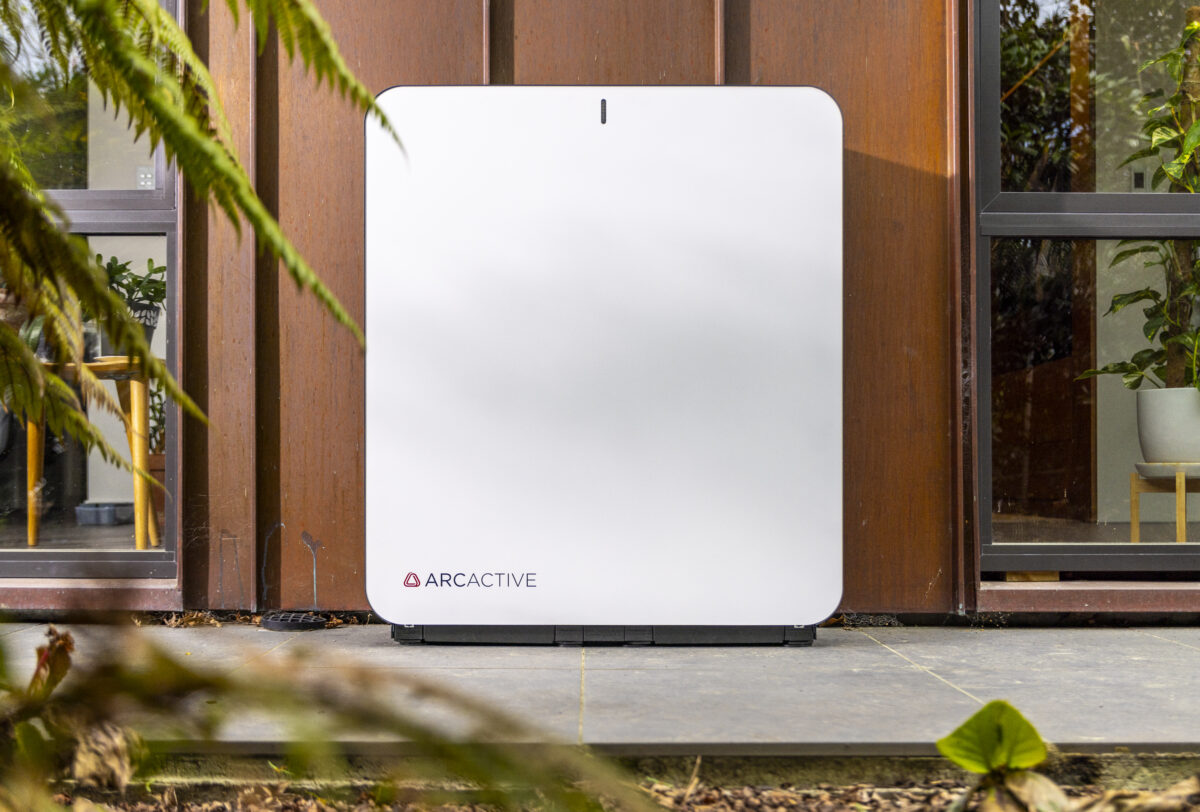A new study out of Curtin University in Perth has found that despite growing affordability from government rebates, Australian households are hesitant to adopt home batteries due to significant non-financial barriers.
Curtin University Research Adjunct Dr Nikhil Jayaraj and author of the Beyond the Rebate: Real Barriers Facing Australian Home Battery Consumers paper, says despite the growing benefits of batteries, the storage adoption in Australia remains limited, with less than 10% of solar-equipped homes using battery systems.
As state battery rebate schemes rollout across the nation, and the federal government’s Cheaper Home Batteries Program lifting off on 1 July 2025, non-financial barriers continue to influence uptake.
“This qualitative research investigates the behavioural and decision-making factors shaping battery adoption beyond economic considerations,” Jayaraj explained.
“Semi-structured interviews were conducted with three user groups: households with rooftop solar only, those with both rooftop solar and battery, and non-adopters comprising of 50 participants.”
Four key factors were identified beyond cost-related constraints and include limited understanding of the technology, safety and privacy fears, maintenance uncertainty and lack of trust for systems such as virtual power plants (VPP).
“Many consumers would prefer to forgo a rebate entirely rather than permit third-party access to their battery systems, even if doing so results in higher upfront costs,” Jayaraj said.
“Moreover, batteries are often perceived as hazardous products, and safety concerns associated with them introduce uncertainties around insurance, liability, and risk allocation. If a third party controls the battery and it sustains damage due to frequent cycling or operational issues, homeowners may be unclear about who bears responsibility for repair or replacement.”
Lack of battery system knowledge
Jayaraj found a majority of participants were concerned about their limited understanding of battery functionality, particularly around charging and discharging cycles, depth of discharge, charge rate, and round-trip efficiency.
“Without expert advice or easy-to-use assessment tools, homeowners are often reluctant to proceed, reinforcing that consumer awareness is important to promote adoption,” Jayaraj said.
Technical knowledge
Confusion over technical requirements was also found to be a barrier, leading to anxiety about choosing a system either undersized, oversized or unnecessarily costly.
The lack of long-term performance data for residential home batteries was found to contribute to uncertainty about installation safety, battery degradation rates, overall system longevity, potential fire risks.
“These events raise serious questions about the safety and reliability of home energy storage, with risks from low-quality batteries or improper installation deterring households from embracing the technology,” Jayaraj said his research found.
Privacy
Privacy concerns were related to internet connectivity and subsequent cybersecurity issues, where malicious actors could alter settings, trigger discharges or shut down systems, or smart inverters transmit to overseas services.
“The participants of the study express concerns that, due to both physical safety and cyber risks, insurance providers may classify battery systems as high-risk assets, particularly when connected to third-party networks and lead to higher premiums for home insurance,” Jayaraj says.
Concerns were found over the prospect of insurance providers classifying battery systems as high-risk assets that potentially leads to higher premiums, limited or conditional coverage and liability uncertainties, and contribute to a cautious or sceptical consumer mindset, especially among risk-averse or older homeowners, the paper says.
Maintenance
Concerns for being without technical support, system servicing or the ability to make warranty claims stems from the legacy instability due to a rapid rise and fall of solar companies in the early solar rebate boom.
“This creates a significant barrier to adoption, particularly for risk-averse consumers who may not have the technical confidence to manage the system independently or the financial means to absorb the cost of future repairs or replacements,” Jayaraj said.
“The fear of poor after-sales service, lack of maintenance support, and uncertainty surrounding long-term warranty enforcement discourages many prospective adopters, especially those investing in battery storage as a long-term energy management solution.”
Jayaraj concludes that to support wider adoption of residential battery systems, it’s essential to provide simplified, consumer-friendly educational resources that explain how batteries work and how to use them effectively.
“VPP programs should be designed with greater transparency and flexibility, giving consumers more control over their energy assets along with strengthening safety standards and cybersecurity measures and clear data governance policies, will help build trust in smart energy technologies.”
“Promoting and enforcing legislation mandating installer accreditation schemes will ensure service reliability and technical competence across the sector. Finally, a strong after-sales support framework featuring clear warranty terms and accessible complaint resolution processes is crucial for maintaining consumer confidence and ensuring long-term satisfaction.”
“Batteries are an essential complement to solar systems, for achieving net zero targets. However, it is equally important to consider other factors beyond incentives. While state and federal rebates will undoubtedly help drive battery adoption, addressing the associated technical and social barriers is critical for ensuring long-term widespread uptake. In the context of distributed energy resources (DER), greater transparency is especially important for fostering consumer confidence and facilitating long-term growth,” Jayaraj said.
Updated 27/06/2025 to add additional comments.
This content is protected by copyright and may not be reused. If you want to cooperate with us and would like to reuse some of our content, please contact: editors@pv-magazine.com.









The Battery subsidy is a good idea.Yes people need more info but the negative attitude of the conservatives and the fossil lobby has really nullified the message.